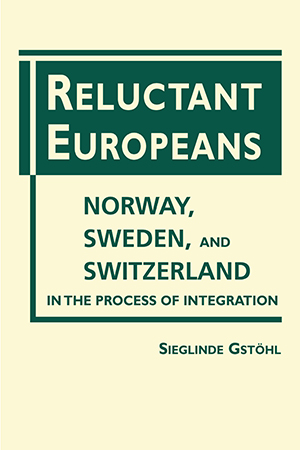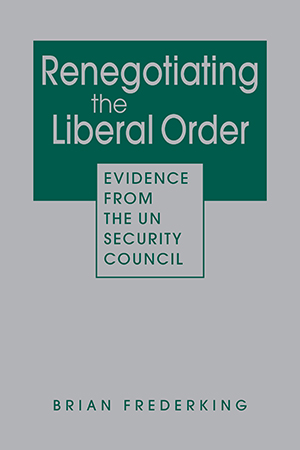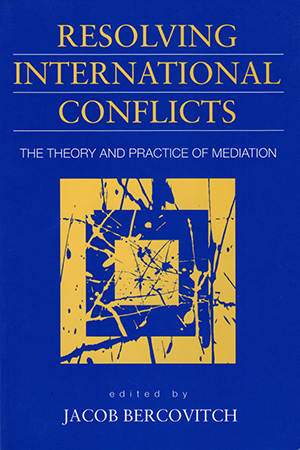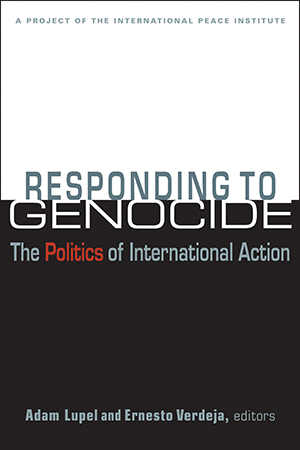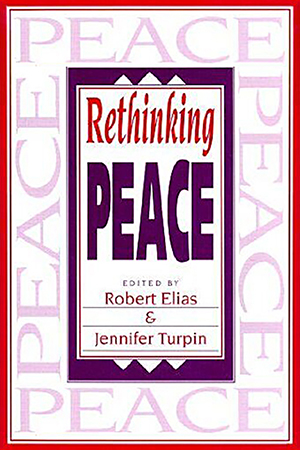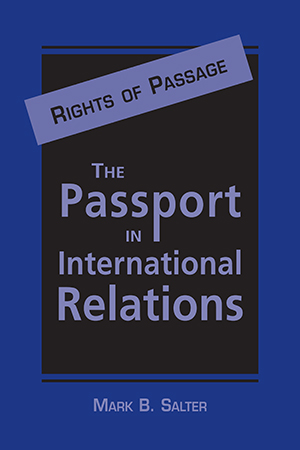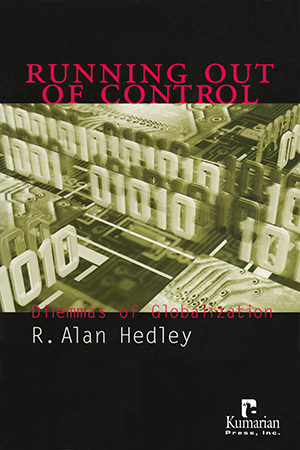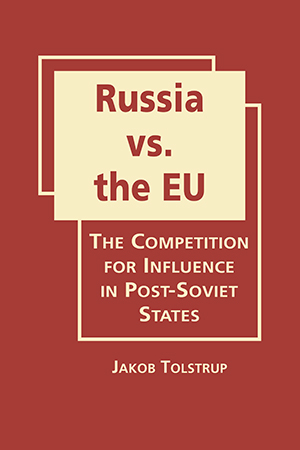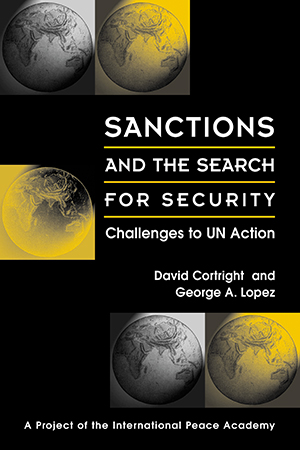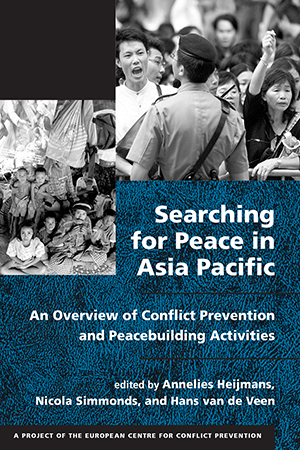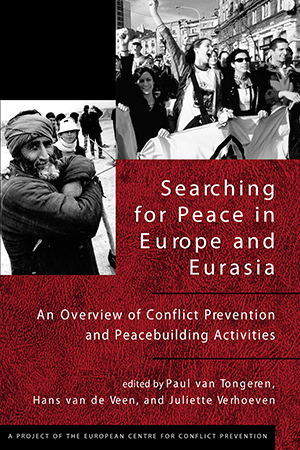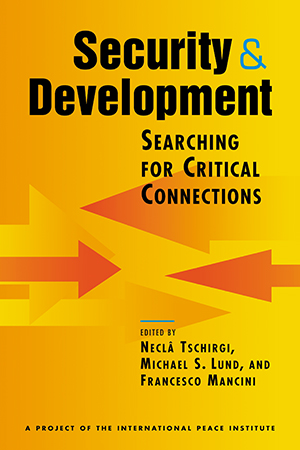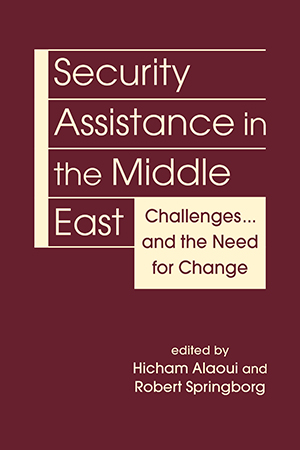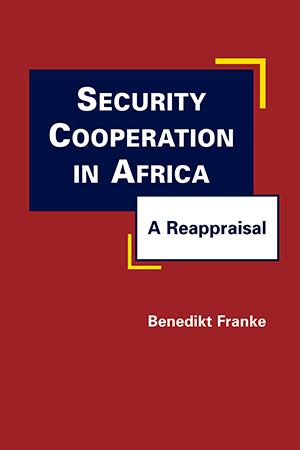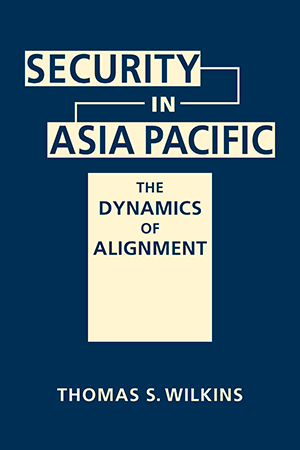International Relations (all books)
Analyzing some thirty policy decisions across three countries and five decades, Sieglinde Gstöhl considers why some countries continue to be "reluctant More >
Is the liberal order in decline? Can we see evidence of that decline in the UN Security Council? Brian Frederking challenges the increasingly popular "decline" narrative by More >
Mediation is rapidly becoming one of the most important methods of settling conflicts in the post-Cold War world, practiced by virtually every actor and dealing with every conceivable issue More >
What are the causes of genocide and mass atrocities? How can we prevent these atrocities or, when that is no longer possible, intervene to stop them? What are the impediments to timely and More >
With the development of the atomic bomb, Albert Einstein remarked that everything had changed except our thinking about the world. Einstein and Bertrand Russell warned us that "we have More >
From the fourteenth century to the twenty-first, the passport has been one of the essential means of identification—and control—of peoples in the international system. Despite More >
Alan Hedley argues that, although for centuries technological innovation allowed humanity to gain increasing control over its fate, the trajectory of that control is now—due to More >
Do Russia and the European Union have any substantial influence over the political trajectories of post-Soviet states? Shedding new light on the interplay between domestic and external More >
Following on the publication of The Sanctions Decade—lauded as the definitive history and accounting of United Nations sanctions in the 1990s—David Cortright and George Lopez More >
Third in an acclaimed series, Searching for Peace in Asia Pacific offers critical background information, up-to-date surveys of the conflicts in the region and a directory of some 400 More >
Searching for Peace in Europe and Eurasia offers much-needed insight into the possibilities for effective conflict prevention and peacebuilding throughout the region. Presenting surveys of More >
Although policymakers and practitioners alike have enthusiastically embraced the idea that security and development are interdependent, the precise nature and implications of the dynamic More >
Why, given the enormous resources spent by the US and Europe on security assistance to Arab countries, has it led to so little success? Can anything be done to change the disheartening More >
In the midst of the atrocities reported in the Democratic Republic of Congo, the seemingly constant strife in the Horn of Africa, and the ongoing violence in Darfur, how do we make sense of More >
The complex security dynamics of the pivotal Asia Pacific region, involving disparate and contentious power blocs, clearly have implications far beyond the region itself. Thomas Wilkins More >


